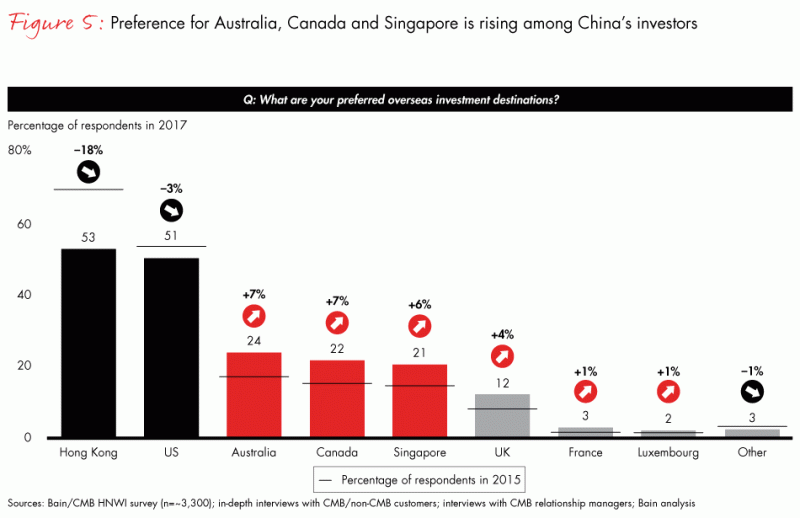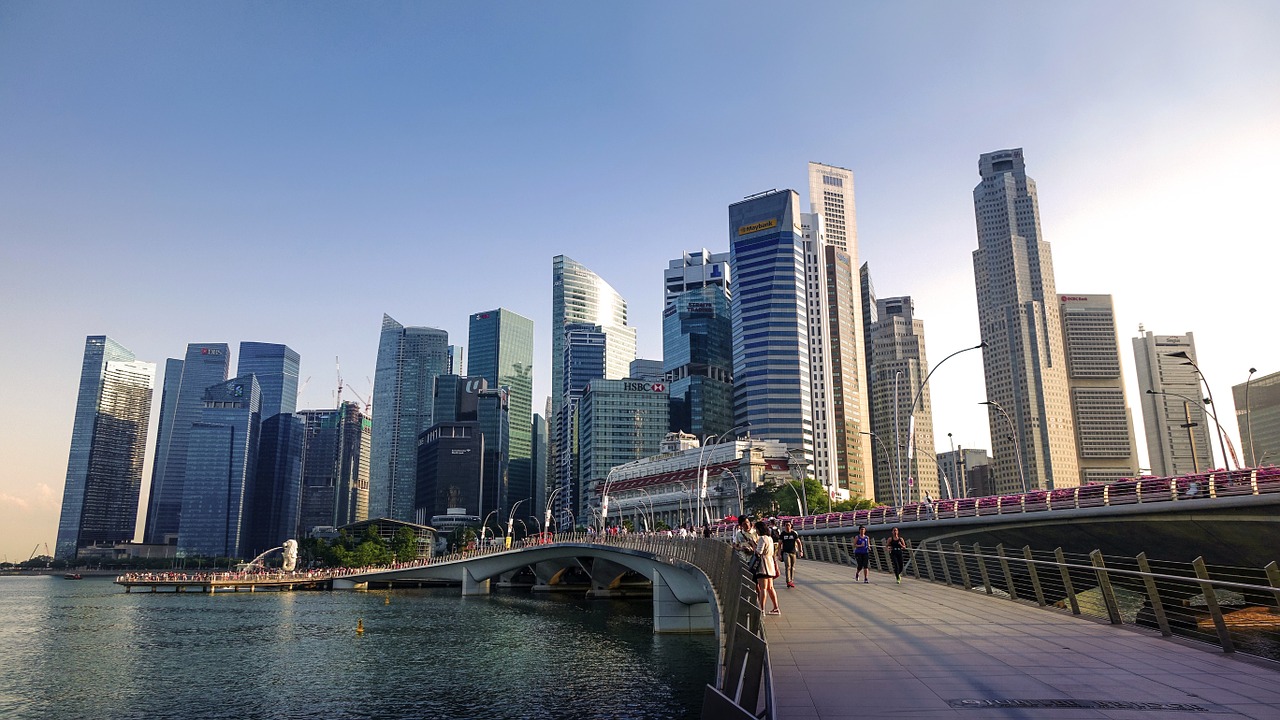The changing preference of the Chinese super-rich when it comes to investing their wealth could have major consequences for Singapore's status as a financial hub, according to Bloomberg.
China’s high-net-worth individuals control an estimated US$5.8 trillion—almost half of it already offshore, according to consulting firm Capgemini SE. And this huge pile of money is what is at stake for banks in both cities.
For years, China's wealthy elite flocked to Hong Kong to bank their money, instead of overseas financial centres like New York, London and Singapore.
The attractions were obvious, it was a familiar environment while still remaining relatively free of oversight from Beijing.
Feeling exposed
Bloomberg interviewed wealth managers saying wealthy Chinese find Singapore preferable because it’s at a safer distance from any potential scrutiny from authorities in Beijing.
They are feeling exposed by changing banking practices in Hong Kong in two ways:
-
New Transparency Rules
Hong Kong reportedly entered into an international tax transparency agreement called the Common Reporting Standard (CRS) last year.
This OECD initiative requires all of a country's banks and financial institutions to share certain information of its account-holders with the authorities of other participating countries. The law was introduced in Oct. 2017.
Now Singapore has similar tax transparency laws in place. The difference is that Hong Kong's agreement means its banks have to share information with mainland China, but Singapore's list does not include either Hong Kong or China, meaning its accounts and account holders aren’t visible to the Chinese government.
And this might have attracted the attention of some very wealthy Chinese individuals who are looking for a good location for an offshore bank.
-
Synchronized internal systems
More Chinese banks in Hong Kong are synchronizing their internal systems with those on the mainland to improve service efficiency.
Bloomberg quoted Eva Law, the Hong Kong-based founder of the Association of Private Bankers in Greater China Region who said:
“This also means the clients’ information will become more transparent and the mainland can identify fund flows more easily, or will have fuller and faster access to your asset holdings, thus enabling easier investigation and tracing.”
[related_story]
Becoming more popular
According to a study conducted by global management consultants Bain & Co in Jul. 2017, Singapore has become increasingly popular as a place for overseas investment:
 Pic from Bain & Co.
Pic from Bain & Co.
From 2015 to 2017, Hong Kong remains the most popular investment destination for China's offshore money but its popularity declined by 18 per cent, while Singapore gained by six per cent.
With the new tax transparency laws, this trend may grow in the next few years.
This is in line with the preferences of Chinese companies as well. In Dec. 2017, the Economic Intelligence Unit published a report that stated Singapore is the most popular destination for overseas investments by Chinese firms, beating the US in 2nd place, and Hong Kong in 3rd place.
Other attractions
There are several other attractions here for potential Chinese investors looking to park their money overseas.
Mandarin is one of our official languages, and we have good schools, good healthcare facilities, and relatively cheaper property prices -- when compared to Hong Kong, that is.
But there might be a much simpler reason at hand.
At the end of the day, Hong Kong is still an official part of China -- and Singapore is not.
As what the Bloomberg report says, the rich like to diversify—not only among asset classes, but among political regimes.
Top image from Pixabay.
Here’s a totally unrelated but equally interesting story:
If you like what you read, follow us on Facebook, Instagram, Twitter and Telegram to get the latest updates.
